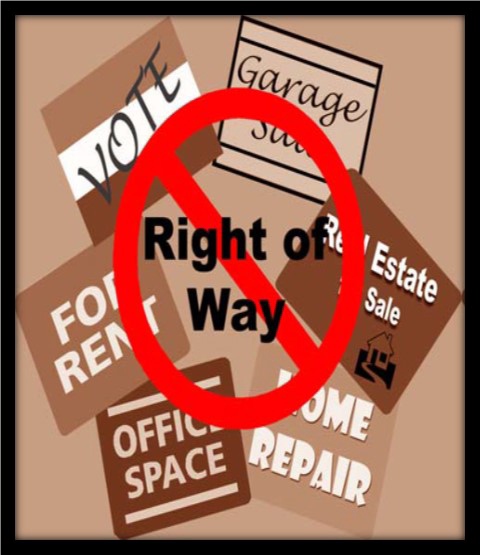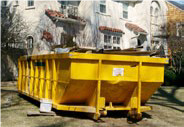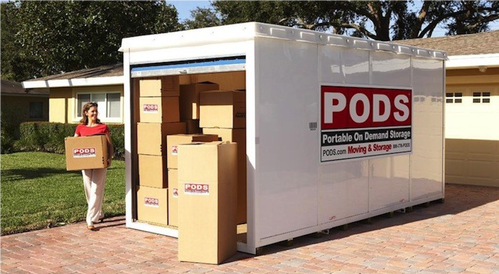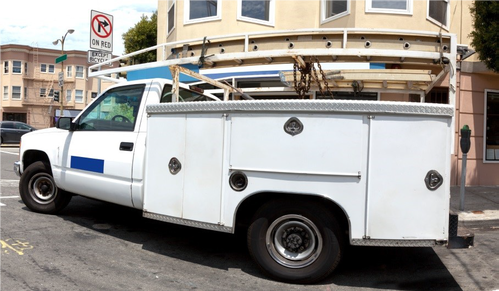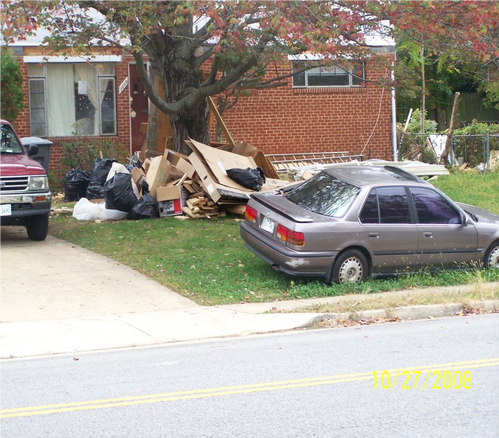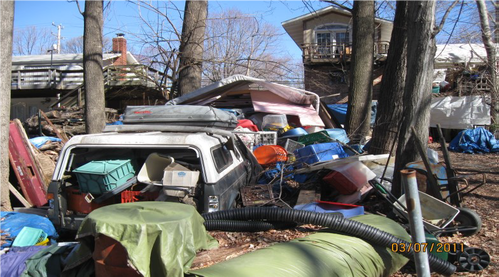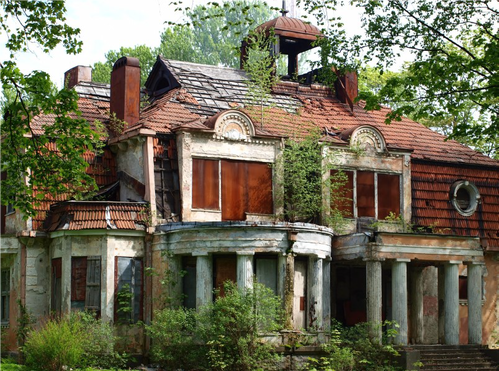HOME OWNER ASSOCIATION (HOA) CODE COMPLIANCE INFORMATION
Owning a single-family home, condominium, or townhome in a planned, covenanted community, requires membership in that community’s homeowners’ association (HOA). The rules and regulations of the HOA are outlined in their Declaration of Covenants, Conditions, and Restrictions (CC&Rs), whose purpose it is to protect, preserve, and enhance property values by assuring specific minimum community standards are met. The responsibility for enforcement of the CC&Rs lies with the HOA, as CC&Rs are not enforceable by Fairfax County. The HOA should have a good understanding, and be knowledgeable, of the regulations, restrictions, and limitations of their CC&Rs, and be proactive in enforcing them. Additionally, being proactive and working with the Department of Code Compliance (DCC) is essential to maintaining compliant neighborhoods.
Separate from the CC&Rs are county and state codes and regulations related to Zoning, Building, Property Maintenance, and Fire, all of which are enforced by DCC upon receipt of a complaint from a citizen. Common complaints received by DCC, and issues for an HOA to be aware of in residential neighborhoods include:
Separate from the CC&Rs are county and state codes and regulations related to Zoning, Building, Property Maintenance, and Fire, all of which are enforced by DCC upon receipt of a complaint from a citizen. Common complaints received by DCC, and issues for an HOA to be aware of in residential neighborhoods include:
UNPERMITTED CONSTRUCTION – Any construction that occurs without the prop-erty owner obtaining the necessary and required building permits from Fairfax County is unpermitted construction, and is a violation of the building codes en-forceable by the county. Typically, the HOA Architectural Review Board (ARB) should be aware of, and should have approved, all proposed construction and property improvements in their community; however, situations do arise where neither the HOA nor the county are aware of, or have granted approval for, a construction activity.
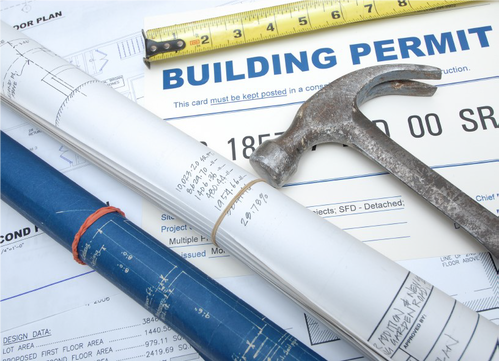
What can the HOA and community do? HOA staff, maintenance employees, and all neighborhood residents, should constantly be aware of any construction that occurs in their community and if it is noticed or deter-mined that unpermitted construction may be taking place, the HOA should first contact the property owner to confirm that 1) ARB approval has been granted, and 2) county site and/or building permits have been ob-tained. County permits must be posted on the door or window of the home to be visible from the street. The HOA should require, as a condition of approval of plans by the ARB, that the property owner provide proof of building permits to the HOA prior to the start of any construction. At any point upon noticing unpermitted construction, the HOA may file an unpermitted construction complaint with DCC.
